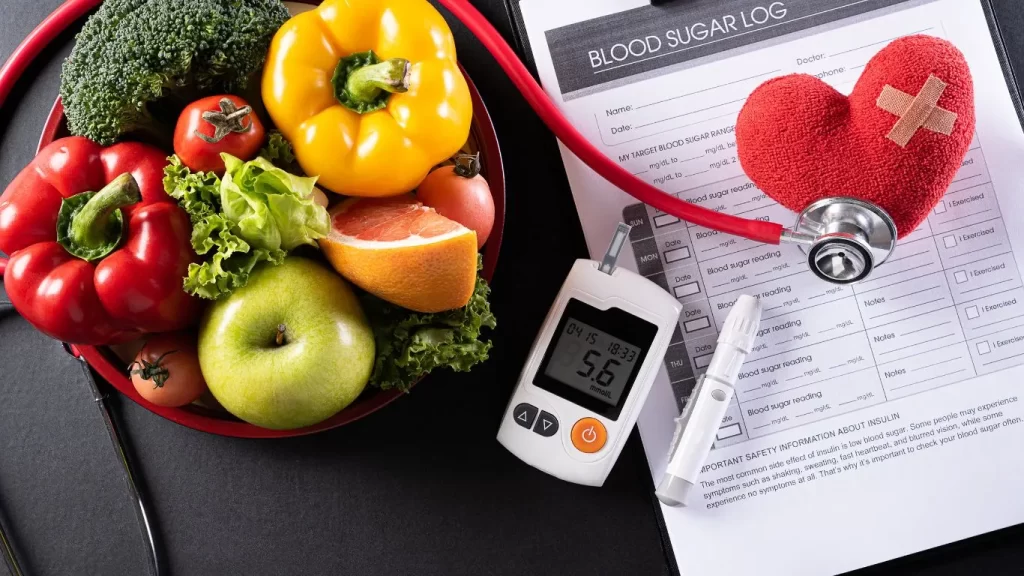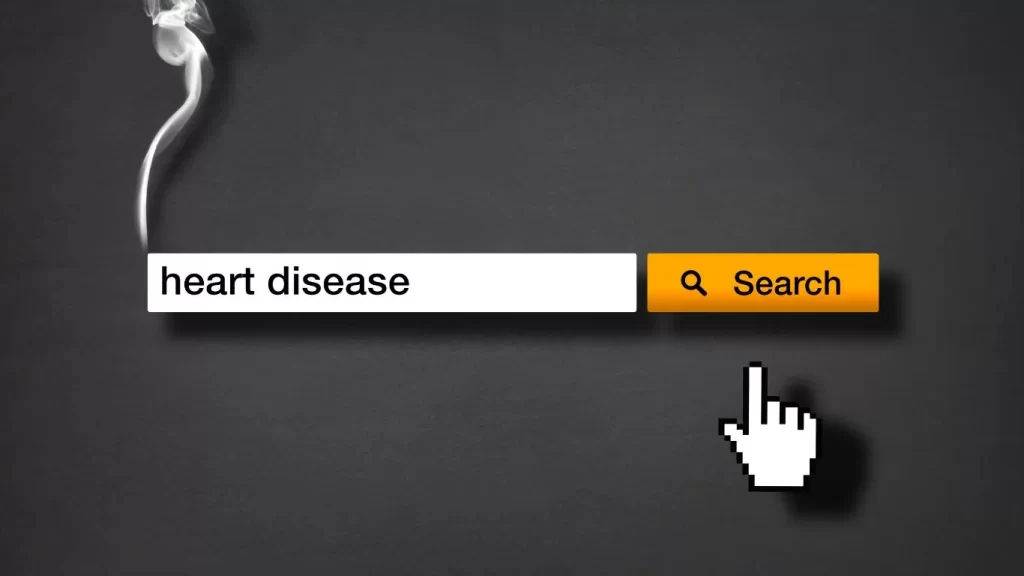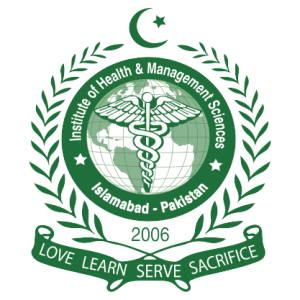Introduction
Hello, dear reader! Heart disease or (cardiovascular disease). It’s a term we’ve all heard, but how many of us truly understand what it means? More importantly, how many of us realize that it’s the number one risk we’re not taking seriously enough? You’ve just clicked on a blog post that could potentially save your life. Yes, you read that right. This isn’t just another health article you casually scroll through on your lunch break. This is a wake-up call, a heads-up, a red flag waving right in front of you.
But here’s the good news: it’s largely preventable. Yes, you have the power to shield yourself from this deadly disease. And no, it doesn’t require a magic potion or a drastic lifestyle overhaul. It’s about making informed choices, understanding the risks, and taking proactive steps toward a heart-healthy life.
So, why should you read this blog post? Because it’s high time we stopped treating heart disease as someone else’s problem. It’s our problem, and it’s a problem we can solve. This post will arm you with the knowledge you need to understand heart disease, recognize its early signs, and take action to prevent it.
So, buckle up and get ready for a deep dive into the world of heart health. Because your heart is counting on you. And trust us, this is one journey you can’t afford to miss.
Early Signs of Heart Disease
Heart disease often comes with a host of symptoms, but the tricky part is that these symptoms can be easily overlooked or mistaken for less serious conditions. Some of the early signs include chest discomfort, shortness of breath, palpitations, fatigue, and swelling in your legs, ankles, and feet.
Recognizing these signs early can be a game-changer. It can mean the difference between managing the disease effectively and letting it escalate to a life-threatening situation. So, listen to your body. If you notice any of these signs, don’t brush them off. Seek medical advice immediately.

Risk Factors for Heart Disease
When it comes to this disease, some people are more at risk than others. This is due to certain risk factors that increase the likelihood of developing the disease. These risk factors include smoking, obesity, high cholesterol, high blood pressure, physical inactivity, and unhealthy diet.
Each of these factors contributes to this disease in different ways. For instance, smoking damages the lining of your arteries, leading to a buildup of fatty material that narrows the artery. This can cause a heart attack or stroke. Obesity and physical inactivity increase your risk of heart disease as they’re often associated with high blood pressure, high cholesterol levels, and diabetes.
The Link Between Diet and Heart Disease
Your diet plays a pivotal role in your heart health. Consuming high amounts of saturated and trans fats, cholesterol, sodium, and sugar can lead to high blood pressure, high cholesterol levels, and obesity, all of which are risk factors for cardiovascular disease.
On the flip side, a diet rich in fruits, vegetables, whole grains, lean proteins, and healthy fats can help protect your heart. These foods provide the nutrients your heart needs to function optimally and help keep your weight, cholesterol levels, and blood pressure in check.

Obesity and Heart Disease
Obesity is a major risk factor for heart disease. It’s associated with high blood pressure, high cholesterol levels, and diabetes, conditions that increase the risk of cardiovascular disease. Moreover, obesity puts extra strain on your heart, forcing it to work harder to pump blood around your body.
Maintaining a healthy weight is crucial for heart health. This can be achieved through a balanced diet and regular physical activity. Remember, even small changes can make a big difference.
The Impact of Diabetes on Heart Disease
Diabetes is a serious condition that significantly increases the risk of cardiovascular disease. Additionally, High blood sugar levels, a characteristic of diabetes, can damage blood vessels and the nerves that control your heart. People with diabetes are also more likely to have other conditions that raise the risk of cardiovascular disease, such as high blood pressure and high cholesterol.
Managing diabetes is a crucial step in reducing the risk of heart disease. This involves regular monitoring of blood sugar levels, a healthy diet, regular exercise, and medication if prescribed by your doctor.

Smoking and Heart Disease
Smoking is a major risk factor for cardiovascular disease. The chemicals in tobacco smoke damage the structure and function of your heart and blood vessels, making you more likely to develop atherosclerosis (a condition where plaque builds up in the arteries), which can ultimately lead to a heart attack or stroke.
Quitting smoking is one of the best things you can do for your heart health. It’s never too late to quit, and the benefits begin immediately after you stop.

Stress and Heart Disease
While stress is a normal part of life, chronic stress can contribute to heart disease. It can lead to unhealthy habits such as smoking, overeating, or heavy drinking, which increase your risk of heart disease. Moreover, stress may raise your blood pressure, a risk factor for cardiovascular disease.
Managing stress is an important part of maintaining heart health. Techniques such as deep breathing, meditation, yoga, and regular physical activity can help manage stress levels.
Prevention and Reversal of Heart Disease
Preventing cardiovascular disease involves managing risk factors like high blood pressure, high cholesterol, and obesity. While This can be achieved through a heart-healthy diet, regular exercise, not smoking, and limiting alcohol intake. Regular check-ups can also help detect cardiovascular disease early.
While heart disease can’t be completely reversed, its progression can be slowed or stopped through lifestyle changes and medication. In some cases, procedures such as angioplasty and bypass surgery can help improve blood flow to the heart.
Conclusion
Understanding, preventing, and managing heart disease is crucial. It’s the number one risk many of us aren’t taking seriously enough. But with the right knowledge and actions, we can protect our hearts and live healthier, longer lives. So, take the first step today towards a heart-healthy life. Your heart is counting on you.
FAQs
The early signs of cardiovascular disease can include chest discomfort, shortness of breath, palpitations, fatigue, and swelling in your legs, ankles, and feet. If you notice any of these signs, it’s important to seek medical advice immediately.
The risk factors for cardiovascular disease include smoking, obesity, high cholesterol, high blood pressure, physical inactivity, and an unhealthy diet. Each of these factors increases the likelihood of developing cardiovascular disease.
Diet significantly affects cardiovascular health. A diet high in saturated and trans fats, cholesterol, sodium, and sugar can increase your risk of cardiovascular disease. Conversely, a heart-healthy diet rich in fruits, vegetables, whole grains, lean proteins, and healthy fats can help protect your heart.
Obesity increases the risk of cardiovascular disease by putting extra strain on the heart and being associated with other risk factors such as high blood pressure, high cholesterol levels, and diabetes. Maintaining a healthy weight through a balanced diet and regular physical activity can help reduce this risk.
Smoking contributes to cardiovascular disease by damaging the structure and function of the heart and blood vessels. Additionally, This increases the risk of atherosclerosis, a condition where plaque builds up in the arteries, which can lead to a heart attack or stroke.




